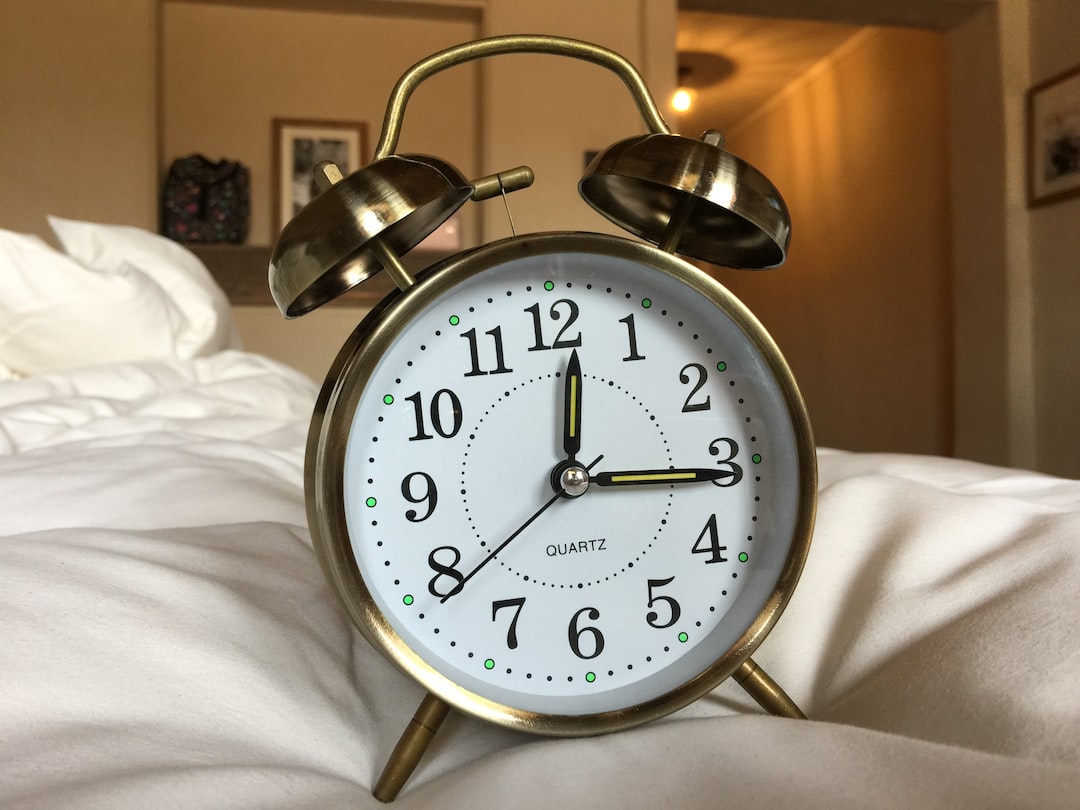As an indispensable tool of personal safety, personal alarms have played a crucial role in increasing the confidence and security of countless individuals. These small, portable devices, designed to emit a loud and piercing sound, deter potential attackers and attract the attention of others nearby. In the United Kingdom, personal alarms have gained significant importance over the years, boasting a rich history and continuing their development to address modern safety concerns. This article delves into the fascinating history and advancement of personal alarms in the UK, chronicling their steady rise in prominence and the evolution of their design and functionality.
Table of Contents
- The History of Personal Alarms in the UK
- From Whistles to Modern Devices: The Transformation of Personal Alarms
- The Benefits of Owning and Using Personal Alarms
- Is it Legal? Personal Alarm Market Regulations in the UK
- The Future of Personal Alarms: Technological Advances and Market Forecasts
- Frequently Asked Questions
The History of Personal Alarms in the UK
Personal alarms originally took the form of whistles given to women in heightened danger of sexual assault. Although simple, the effectiveness of these tools was evident. Police eventually adopted the whistles for communication purposes, further establishing their relevance as instruments of safety.
Railway Workers and Military Whistles
Throughout their development, whistles gained increasing recognition, utilized by railway workers and military forces for signaling purposes. The British military's Acme Thunderer, a pioneering whistle developed in 1884, had a robust and piercing sound that proved effective for warning and communication tasks.
The Metropolitan Police Whistles
The Metropolitan Police in London adopted the use of police whistles in 1883. Replacing the former police rattle, whistles allowed police officers to signal for help or provide warnings. This early form of personal alarms greatly contributed to a heightened sense of safety and security.
From Whistles to Modern Devices: The Transformation of Personal Alarms
Over the years, technological advancements have spurred the development of personal alarms, greatly improving their functionality and design.
Battery-Operated Personal Alarms
The first battery-operated personal alarms surfaced in the early 20th century, serving as a vital component of personal security. The advent of portable batteries, coupled with the miniaturization of electronics, facilitated the creation of lightweight and compact devices, highly suitable for carrying in a bag or on a keychain.
Integrated Safety Features
Modern personal alarms have evolved, boasting a range of additional safety features that aid in warding off potential attackers, such as LED lights to illuminate dark areas or signal for help, as well as built-in pepper spray or stun gun functions.
Connectivity and Smart Alarms
With the emergence of smartphones, smart personal alarms have come into existence, incorporating unique features like GPS tracking and emergency contact notifications. These alarms frequentlyintegrate with personal safety apps, granting users easy access to features that further enhance their sense of well-being.
The Benefits of Owning and Using Personal Alarms
There are several key advantages to owning and utilizing personal alarms as part of one's safety plan:
- Effective Deterrent: The loud, piercing sound emitted by a personal alarm can startle would-be attackers, dissuading them from pursuing their intended victim.
- Attention-Grabbing: In addition to deterring harm-doers, the sound of a personal alarm also draws the attention of passers-by, increasing the likelihood of receiving help during an incident.
- Easy to Use: Typically, activating a personal alarm simply requires pressing a button or pulling a pin. Moreover, the compact and lightweight design of most devices conveniently caters to portability and accessibility.
- Increased Confidence and Security: Knowing that they have a reliable security device at hand, individuals often feel more assured and confident in their daily activities.
Is it Legal? Personal Alarm Market Regulations in the UK
According to UK law, personal alarms are legal to own, carry, and use for self-defense purposes. However, the devices must meet certain requirements to ensure they comply with market regulations:
- Decibel Level: Personal alarms sold in the UK should have a maximum decibel level of approximately 130-140dB to avoid potential hearing damage.
- CE Marking: Products must meet the relevant European Directives' essential requirements and bear the CE marking, indicating compliance with consumer safety, health, and environmental protection standards.
- Regulation of Additional Features: If the personal alarm possesses extra features, such as a built-in stun gun or pepper spray, it is crucial to verify that these comply with UK regulations concerning self-defense devices and weapons.
The Future of Personal Alarms: Technological Advances and Market Forecasts
In light of persisting safety concerns and the constant evolution of technology, the market for personal alarms is expected to continue developing in innovation and demand. Here are some insights into the future of personal alarms:
- Advanced Technology Integration: Personal alarms will likely further integrate with smartphones and smartwatches, offering features like adjustable alarm sounds, remote activation, and customizable alert options.
- Wearable Devices: The rise in wearable technology sees personal alarms designed as fashionable accessories, like pendants and bracelets, for improved aesthetics and accessibility.
- Targeted demographics: As the market for personal alarms expands, devices catering to specific age groups or professions, such as elderly citizens or lone workers, will likely proliferate.
- Market Growth: According to market research, the global personal alarm market is expected to grow at a CAGR of 6.65% from 2021 to 2026, indicating a stable and promising outlook for this industry.
Frequently Asked Questions
How do personal alarms work?
Personal alarms are compact, portable devices designed to emit a loud soundwhen activated, serving as a deterrent for potential attackers and attracting the attention of nearby individuals. Activation typically involves pressing a button or pulling a pin.
Can anyone own a personal alarm?
Yes, personal alarms are legal to own and use in the UK for self-defense purposes given that they comply with the appropriate market regulations.
Where can I purchase a personal alarm?
Personal alarms can be purchased from various retailers, both online and in-store, specializing in personal safety and security products, like Empowered by Ashley (https://empoweredbyashley.com/).
Can I travel with a personal alarm?
Generally, carrying a personal alarm in your luggage or handbag is allowed when traveling, but it is essential to consult the specific airline's rules and regulations and review the laws of your destination regarding personal safety devices.
Do personal alarms guarantee my safety?
While personal alarms serve as an effective deterrent and attention-seeking tool, no security device can guarantee absolute safety. It is vital to maintain situational awareness and take appropriate precautions to ensure personal security.
In conclusion, personal alarms have come a long way since their inception in the form of simple whistles. Due to advancements in technology, the design and functionality of these devices have significantly evolved to provide enhanced security measures and increased confidence. As they continue to develop and adapt to modern safety concerns and emerging technologies, personal alarms will undoubtedly remain a significant element in personal safety management within the UK and beyond.
















Leave a comment
This site is protected by hCaptcha and the hCaptcha Privacy Policy and Terms of Service apply.